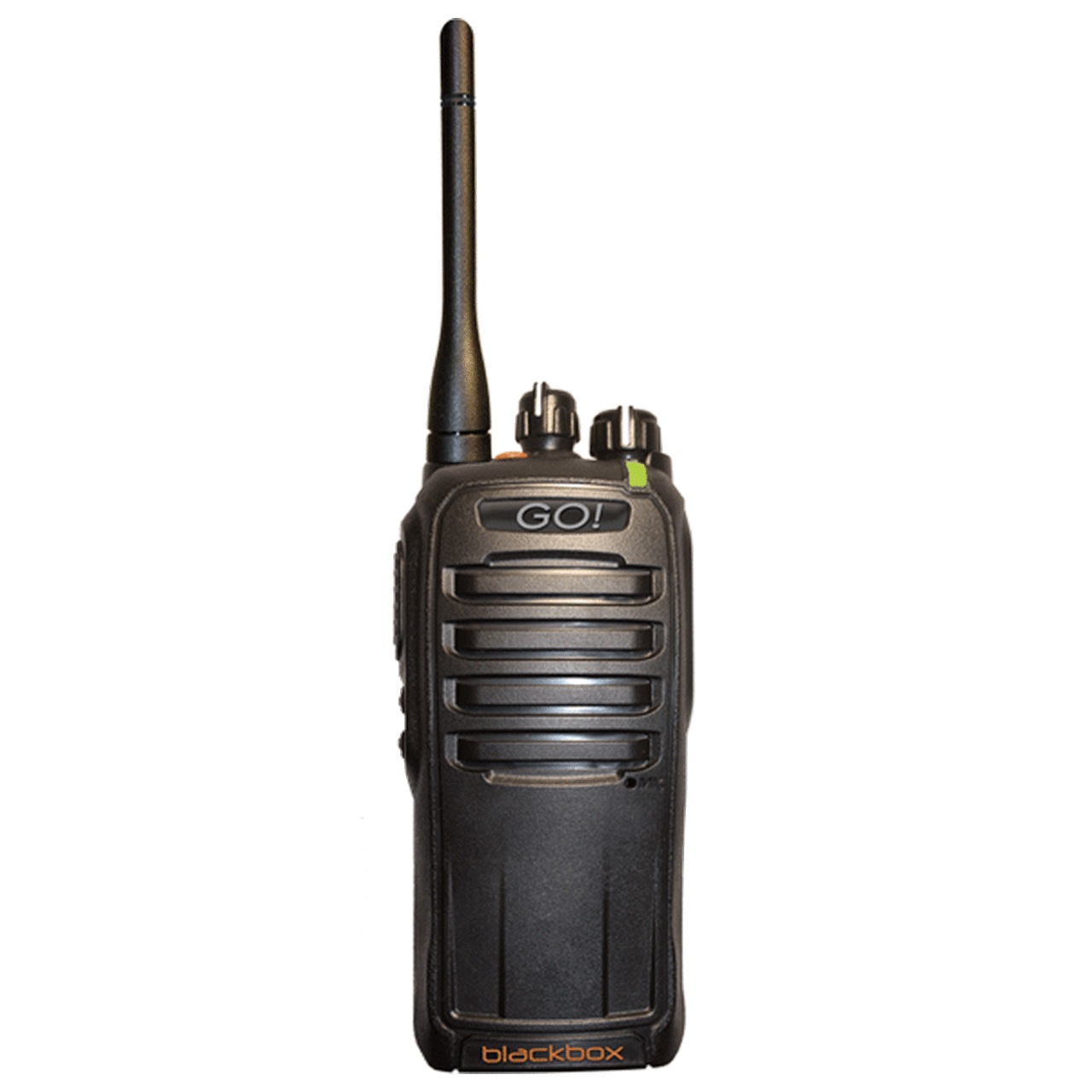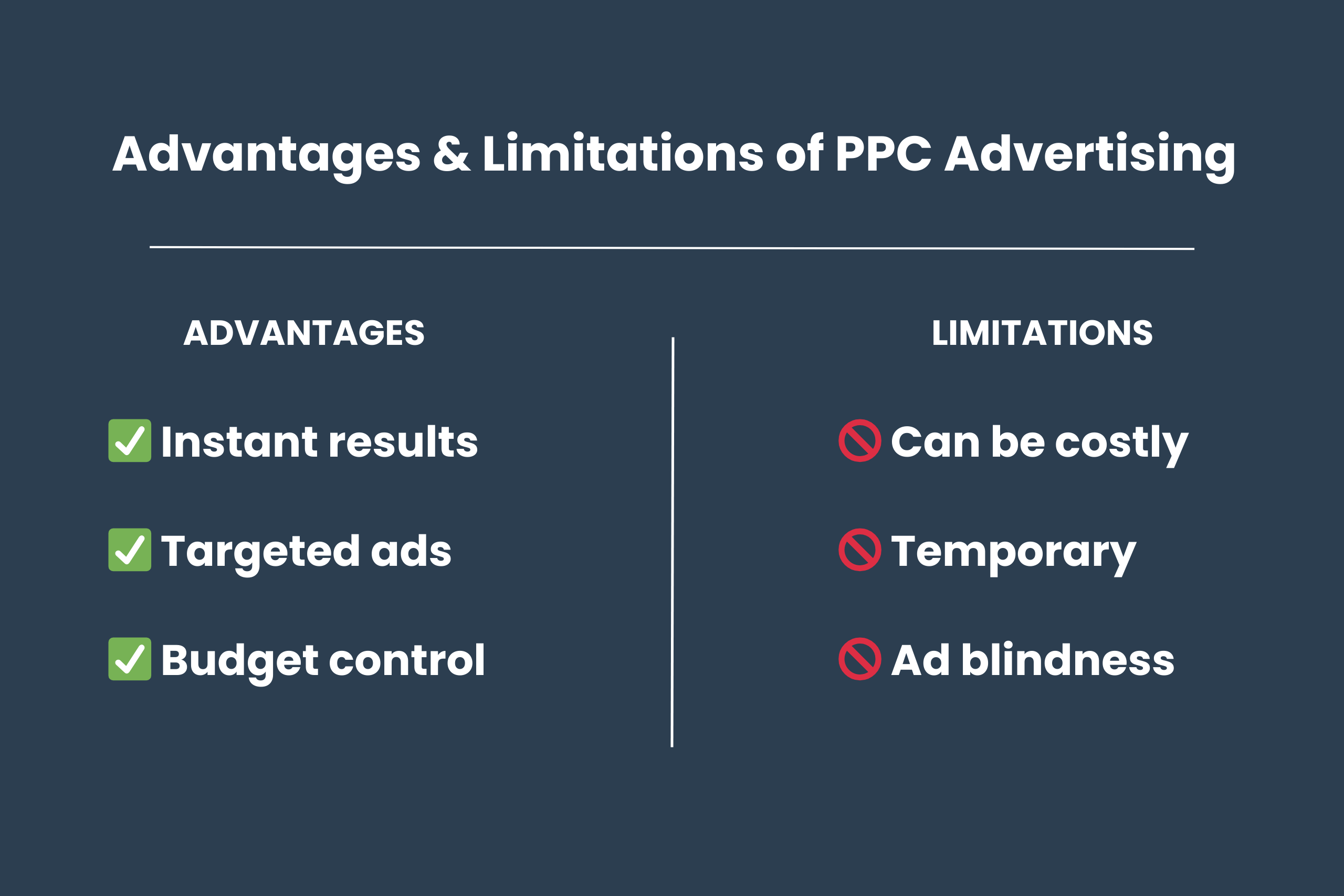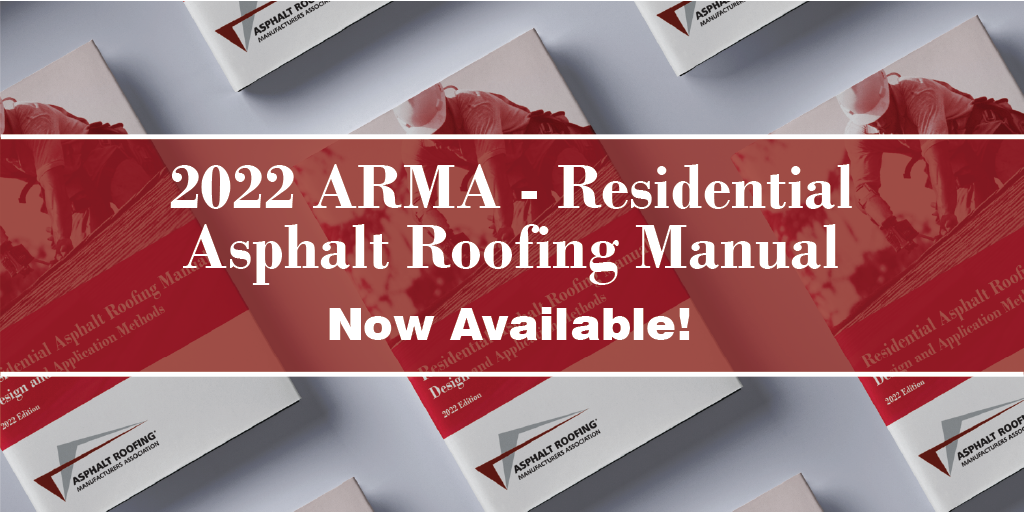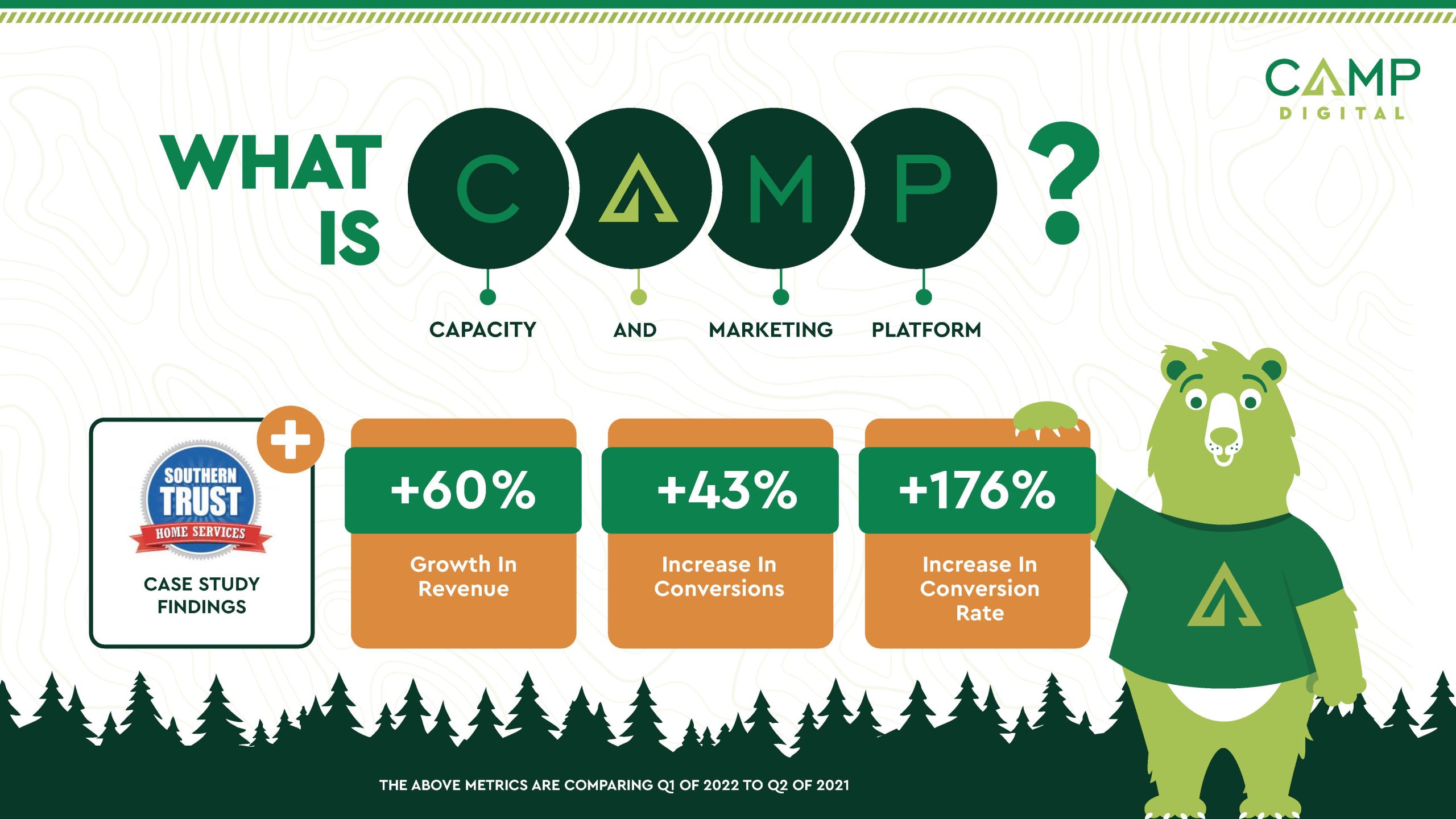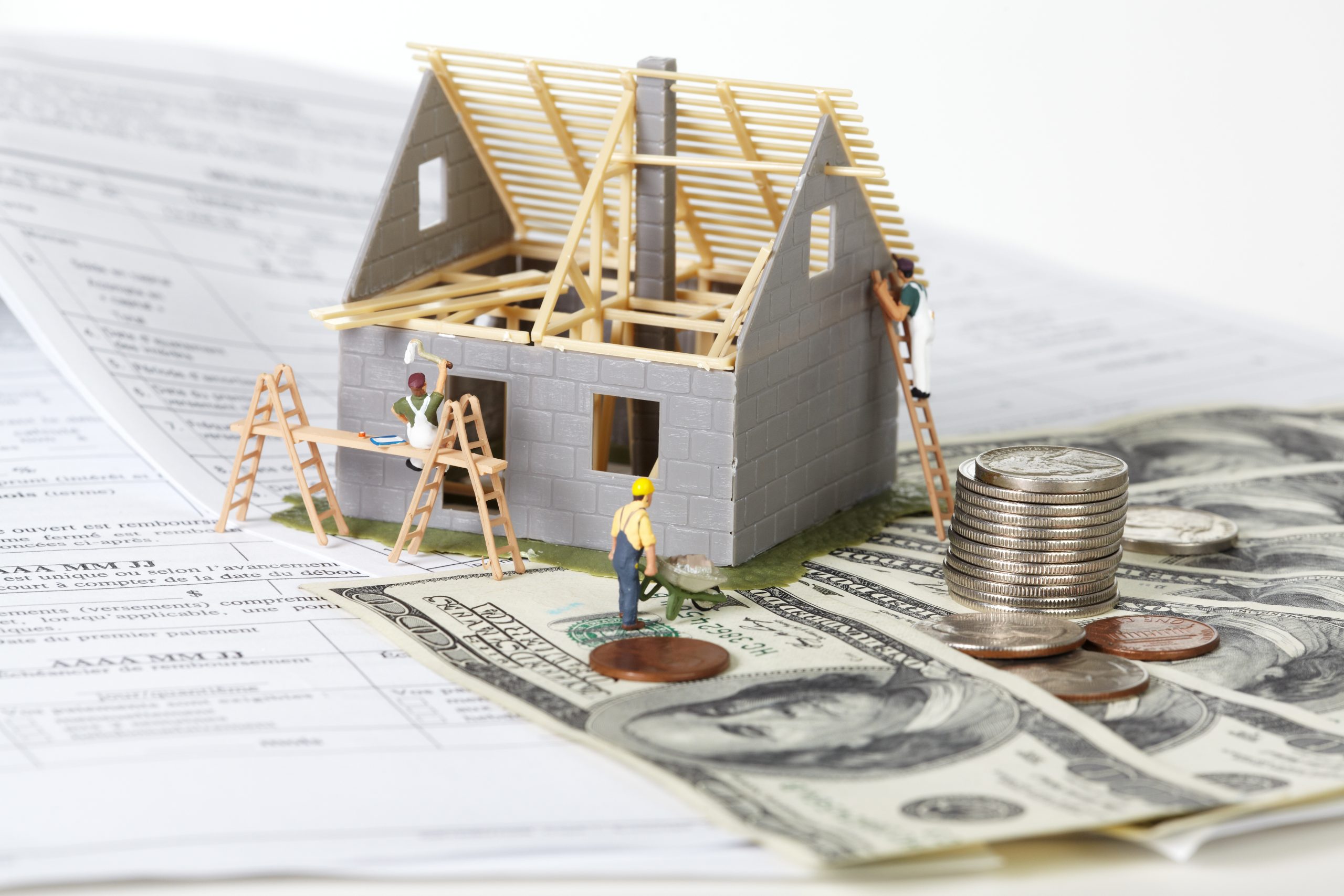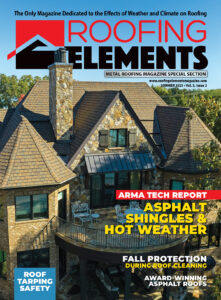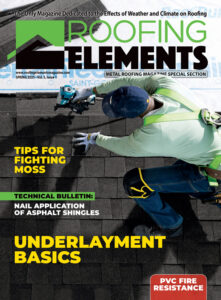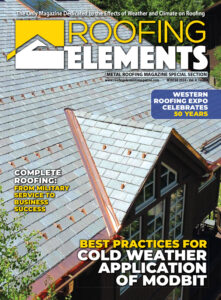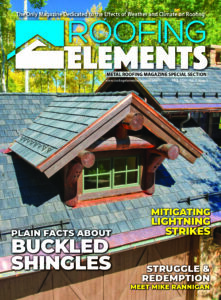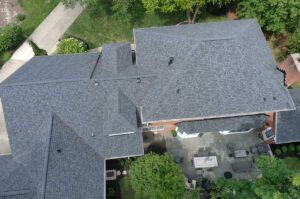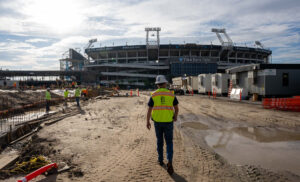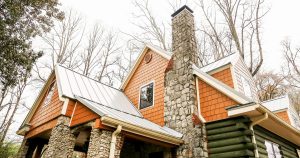By Stewart McClintic, HQ98
Working in the field requires a lot of communication between roofers, supervisors, and the office. For roofers to do their jobs they have to have a quality communication system in place. This system needs to allow workers to call for help when needed as well as communicate with their supervisors and co-workers.
Roofing crews, especially commercial roofers, cover large areas and communication can be sparse when workers are on opposite ends of the building. This is especially true a when working on multiple buildings at a job site. The most common forms of communications roofer’s use are cell phones and two-way radios. Business owners can often have the difficult choice of deciding on which system is best for their workers. Let’s look at these two forms of communication to help you determine which is best for your team.
Cellular vs analog

Many people would consider cell phones to be the best form of communication when covering vast areas. Cell phones allow people to send and receive text messages, make, and receive phone calls and emails. Cell phones provide a level of convenience as people are more used to using these devices.
While being the most popular form of communication on the market cell phones can malfunction and not work for a variety of reasons like lost signal, dead zones, and short battery life. They can also be a distraction to workers as there are a multitude of applications one can use.
Cell signals are the most common issue with these devices. Cell phones require signals from towers often dozens of miles away and many interferences can take place. Line of sight in areas with many large trees and power lines can interfere with these signals making the phone not work. Two-way radios do not have these problems.
Two-way radios are easy to use, have many accessories, and often require no extra fees. Two-way radios are the only communication devices that allow team members to instantly contact each other while keeping their hands free when working on the job site. Also, addressing issues on the in the field can take place immediately improving workflow and customer satisfaction.
Durability is another key component when using two-way radios. Since most of the communication at a roofing job happens outside, you’ll want to have equipment that can stand up to the elements. Many radios and accessories are available that offer protection from dirt and moisture.

Commercial roofers cover vast areas when working on large warehouses and other buildings which can make it difficult for ground crew members to stay in contact. Two-way radios offer excellent range allowing for clear audio even when covering long distances.
A downside to using two-way radios is the installation of antennas, repeaters, and emergency power when necessary.
Applications
There are a few different ways you can use two-way radios at your business as they can improve efficiency and customer service. In the office team members can manage customers and speak with supervisors making sure everyone is being helped efficiently. You can also coordinate with team members and be prepared for any emergency situations that might arise.
Roofing crews can keep in touch and let each other know if there is an issue with any part of the building. For instance, there may be a large issue on one part of the roof and a special tool is needed to fix it. The person on the roof can easily grab their radio and call down to the crew on the ground to have it sent up instead of climbing down and wasting time. They can easily get in touch with other workers and get the machines and help needed to remove debris and repair any problems.
Accessories
There are many accessories available for two-way radios. Choosing the right ones will ensure that you get the most out of your investment in the radio system. Noise-cancelling accessories are helpful for roofers working on loud jobsites. Earpieces, and shoulder mounted microphones are great for workers as they allow for hands-free communication. Lastly, you always must think about power. A universal charging deck allows you to charge multiple batteries at a time allowing you to have power to stay connected.

Two-way radios have been around for decades and are proven to still be an effective form of communication over cell phones for commercial roofers, especially when needing to get in touch quickly and over large distances. There are many models to choose from that can fit your needs so contact a respected two-way radio provider to find out what will work best for your roofing crew. l
Stewart McClintic is the co-owner of HQ98.com, a two-way radio vendor located in Scottsdale, Arizona.

